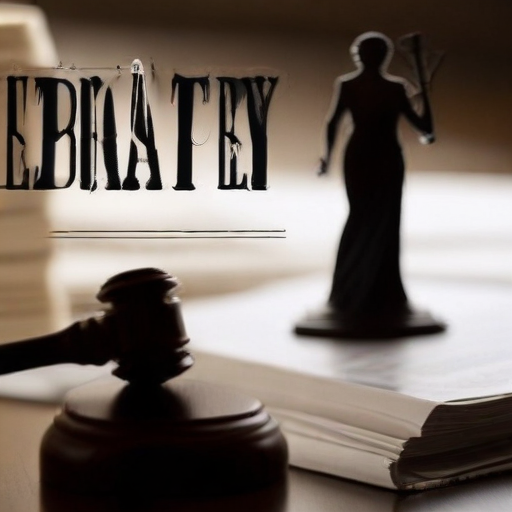Special Counsel Jack Smith filed motions on Monday to dismiss all federal charges against President-elect Donald Trump regarding his handling of classified documents and his alleged attempts to overturn the 2020 presidential election results, which culminated in the January 6 attack on the U.S. Capitol. U.S. District Judge Tanya Chutkan approved the motion, effectively concluding the case related to the accusations that Trump conspired unlawfully to reverse his election loss to President Joe Biden.
Originally indicted in June 2023 on 37 counts concerning the mishandling of classified documents, including making false statements and obstruction of justice, Trump’s case was dismissed by a Florida judge, leading Smith’s office to pursue an appeal. In August 2023, Trump faced additional charges for conspiring to disrupt official proceedings concerning the election results.
Trump has continuously argued that these prosecutions were politically motivated and has consistently pleaded not guilty to the charges. His indictment marked a historic moment, being the first allegations against a U.S. president for using illegal means to maintain power while mishandling classified materials.
The dismissal of the charges signifies a notable shift, with Trump now positioned to resume his role as president after the upcoming inauguration on January 20, 2025. This scenario aligns with the Department of Justice’s longstanding guideline that a sitting president cannot be charged with a crime, a position reinforced during Trump’s previous term.
Smith’s filing articulated that the nature of the prosecutions had changed with Trump’s re-election, emphasizing the need for a president to perform their responsibilities without legal encumbrances. However, this has sparked discussions about the delicate balance between the rule of law and the accountability of those in power.
Legal experts have noted the implications of recent rulings, particularly from conservative judges, which granted broad immunity to Trump concerning his presidential duties. The unanimous view among Trump’s supporters is that the conclusion of these federal cases is a substantial victory for the rule of law, as articulated by Trump’s spokesman, Steven Cheung.
As the nation prepares for Trump’s return to office, the Justice Department continues to pursue charges against individuals involved in the January 6 insurrection. Trump has expressed intentions to pardon some of these rioters whom he has dubbed “patriots,” showcasing the complexities emerging as he reenters the political landscape.
In summary, while the dismissal of federal charges clears Trump’s legal path, it raises questions about accountability and justice. The hope remains that with political resolve, the nation can find common ground and work towards healing and unity, regardless of the polarized sentiments surrounding these events. It will be crucial for all parties involved to respect the legal frameworks while navigating the upcoming transition of power.
